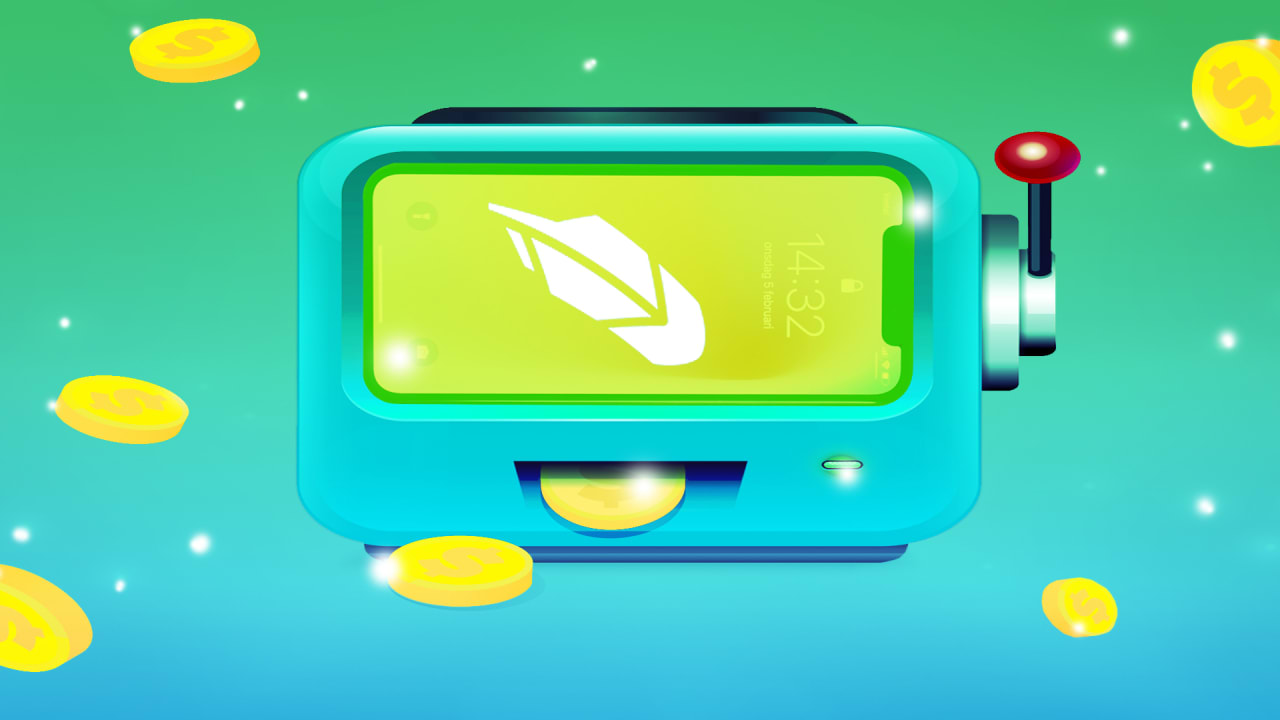Wall Street has long been likened to a casino . Robinhood, an investment app that just filed plans for an initial public offering , makes the comparison more apt than ever . That’s because the power of the casino is the way it makes people feel like gambling their money away is a game. Casinos are full of mood lighting , fun noises, and other sensory details that reward gamblers when they place coins in slots. Similarly, Robinhood’s slick and easy-to-use app resembles a thrill-inducing video game rather than a sober investment tool. The color palette of red and green is associated with mood, with green having a calming effect and red increasing arousal, anger, and negative emotions . Picking stocks can seem like a fun lottery of scratching off the winning ticket; celebratory confetti drops from the top of the screen for the new users’ first three investments. But just as people can lose a lot of money gambling at the casino, the same thing can happen when you trade stocks and bonds—sometimes with disastrous consequences, such as last year when a Robinhood user died by suicide after mistakenly believing that he’d lost $750,000. I study how people behave inside game worlds and design classroom games . Using gamelike features to influence real-life actions can be beneficial, such as when a health app uses rewards and rankings to encourage people to move more or eat healthier food. But there’s a dark side too, and so-called gamification can lead people to forget the real-world consequences of their decisions. Games explained Generally speaking, games—whether played on a board, among children or with a computer— are voluntary activities that are structured by rules and involve players competing to overcome challenges that carry no risk outside of their virtual world.

Follow this link:
Robinhood makes Wall Street feel like a game to win—not a place where you can lose your savings